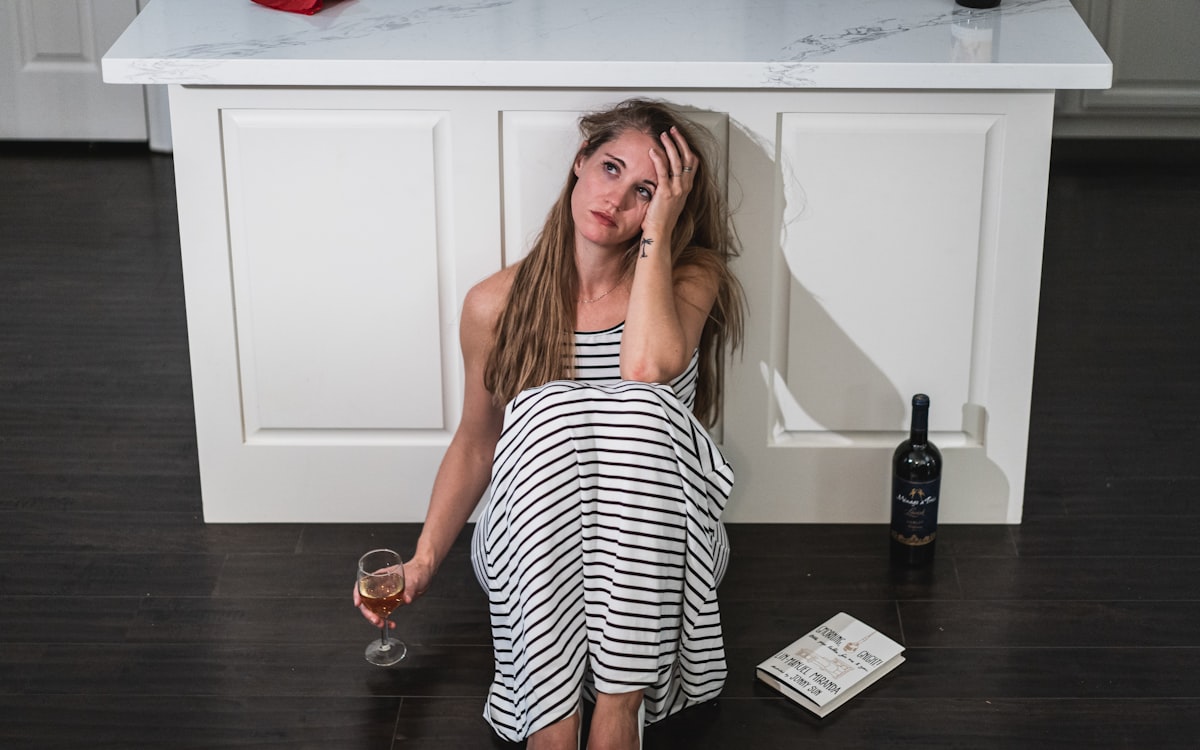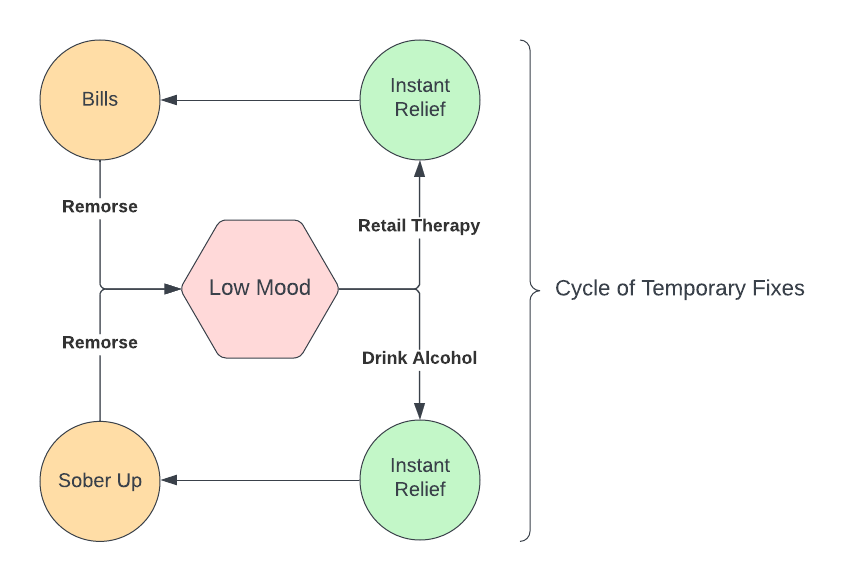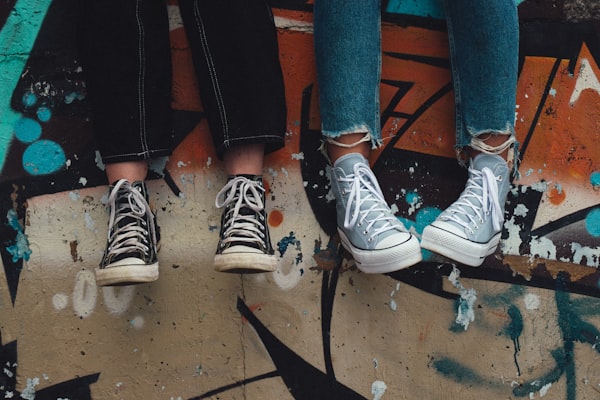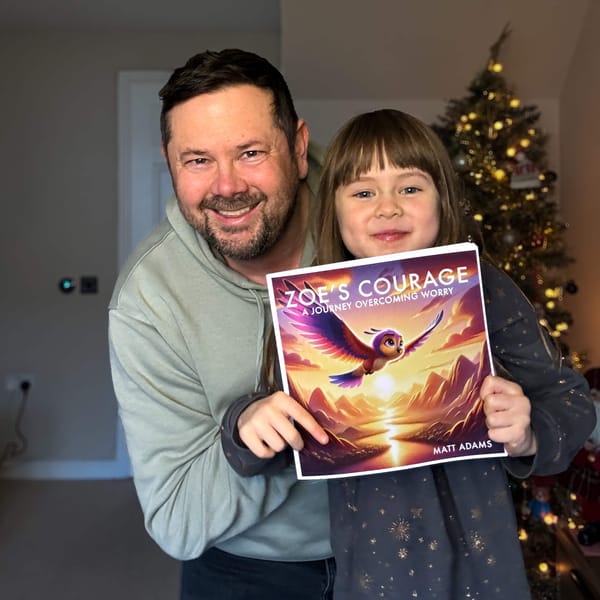The Cycle of Temporary Relief

Introduction
How often have we heard about people who need to "have a drink to take the edge off", "retail therapy because you need cheering up", or even "watching TV late into the night to put off the next day's meeting"?
We all do it occasionally; when anxious, we often look for things like this as a quick fix or coping mechanism to find calm. The problem is that the root cause needs to be understood to have any effect, and these so-called strategies become quick fixes that provide temporary relief but often result in returning to a state of low mood or anxious feeling once the activity is complete.
The Cycle of Temporary Relief
The diagram below, adapted from the work of Isabel Clark (2017), depicts what this cycle might look like.

Temporary relief refers to short-term strategies individuals use to alleviate distress or discomfort. These strategies can provide immediate comfort or distraction from a person's problems but do not address the underlying issues. Instead, they often serve as a quick fix, potentially leading to a cycle where the relief is fleeting, and the distress returns, sometimes even more intensely.
Some examples that we often look for temporary fixes are:
- Alcohol;
- Overeating or Comfort Eating;
- Excessive Shopping or Spending;
- Procrastination;
- Gaming or watching TV;
These are just examples, and there are many other temporary fixes that you may find people.
Alcohol
Alcohol may seem like a quick way to feel better when you're down, but it's only a temporary fix. It works fast to make you feel relaxed and happy, but these good feelings don't last long. Once the alcohol wears off, you might feel even worse than before. Plus, it can mess with your sleep and make you feel more anxious or sad later. So, using alcohol to cope can end up making things more problematic in the long run.
Alcohol, while initially masking feelings of sadness, is a depressant, which means it can slow down your brain and make you feel more down after the initial buzz fades away. Drinking might seem to help at the moment, but it doesn't get rid of anxiety or low mood. Once the alcohol is out of your system, these feelings can come back stronger and stick around longer. Over time, relying on alcohol can make anxiety and sadness harder to manage because your body starts to expect a drink whenever you feel bad, and not having it can make you feel even more anxious.
Overeating or comfort eating
Similarly, overeating or comfort eating is another coping strategy that promises immediate satisfaction. Consuming food, especially high in sugar or fat, can trigger dopamine release. Dopamine is responsible for making us feel good in the moment. Comfort eating can create a short-lived sense of happiness or relief.
However, this habit can lead to other issues, including weight gain, health problems, and feelings of shame or guilt, thereby exacerbating the emotional distress it is meant to soothe.
Sleeping to Escape
Excessive sleep, on the other hand, is a form of withdrawal. It can be a way to shut out the world and avoid facing the problems contributing to one's low mood. While adequate sleep is crucial for health and well-being, too much sleep can lead to a disruption in everyday life patterns and may worsen symptoms of depression over time.
Understanding the Underlying Issues
Recognising these coping mechanisms as temporary distractions is essential.
They often respond immediately to an unmet need, whether for comfort, escape, or rest. However, they need to solve the problem at hand and can create additional issues.
Encouraging sustainable coping strategies is vital. Balanced eating habits and regular sleep schedules can help manage mood more effectively.
Physical activity, social interaction, mindfulness, and hobbies can also provide more lasting emotional benefits.
These ensure that we look to longer-term coping strategies rather than quick fixes.
Breaking the Cycle
If you resonate with what I have discussed in the article, those somewhat innocent activities could be quick fixes you are adopting. The article isn't to suggest you need to stop having a drink or watching TV, but it is to draw attention to the fact that these activities are not fixes for anxiety or low mood.
Understanding this is the key to unlocking the cycles, identifying potential triggers, and adopting healthier alternatives. This may involve limiting consumption - food, alcohol, or media -and ensuring that sleep patterns are regular and conducive to good health. It may also mean seeking professional help to develop strategies for managing emotions and stress.
Final Thoughts
So, if you find yourself stuck in a low mood or having anxious thoughts, take a moment to reflect on how you react in these situations. Ask yourself if you are putting a band-aid over these emotions. Consider the triggers that keep you reaching for the remote or glass of wine.
Remember, our emotional health is a precious asset, and nurturing it requires more than quick fixes. We can build resilience and foster a more profound sense of contentment by acknowledging the temptation of temporary coping mechanisms and starting to think about more sustainable practices.




